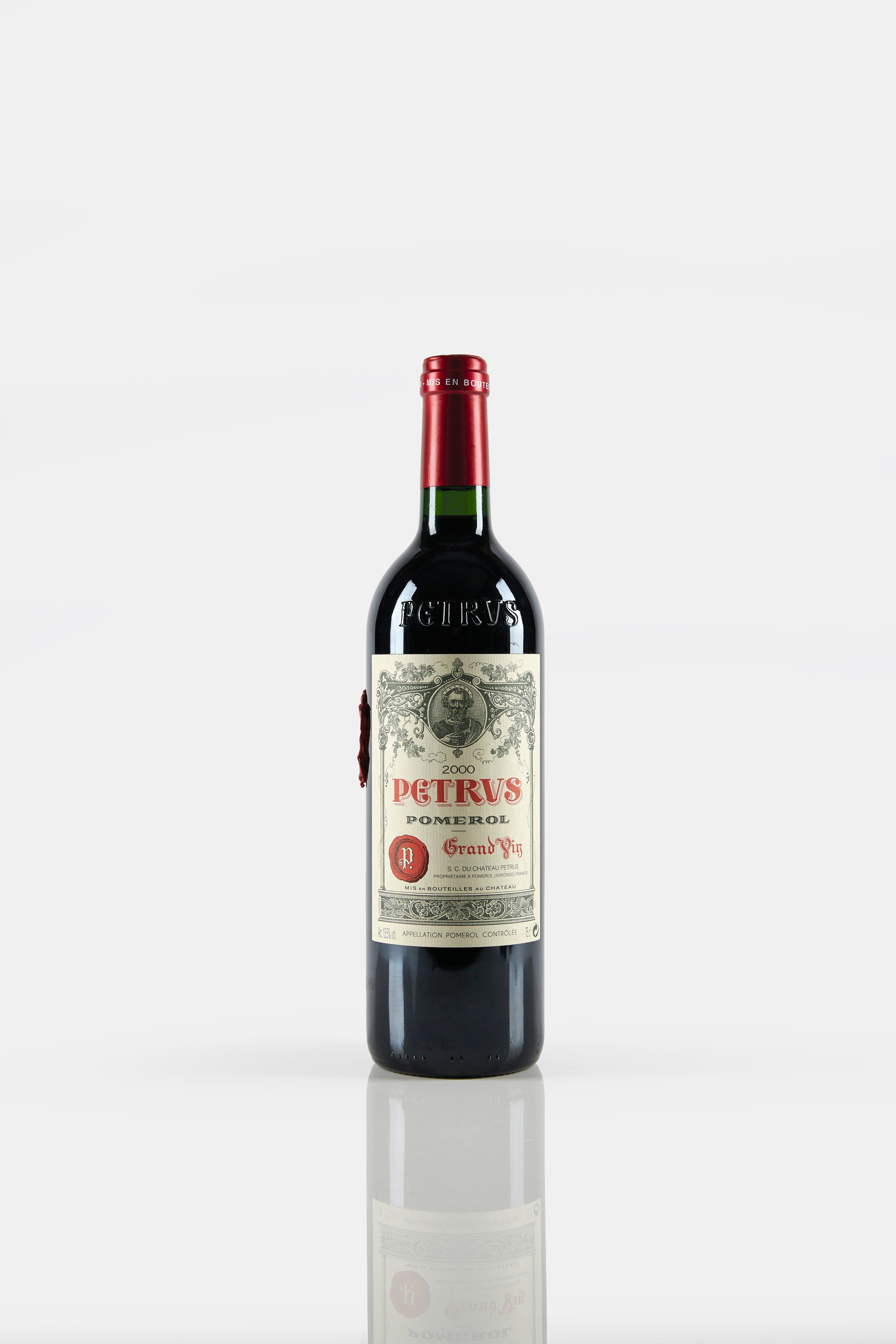
Call it the wine-al frontier.
A bottle of “space-aged” Pétrus 2000, which clocked 14 months aboard the International Space Station, is being offered at Christie’s auction house via private sale. It’s one of 12 bottles that was sent up into the cosmos in November 2019 by a group of researchers studying how agriculture responds to extraterrestrial conditions.
The bottles, supposedly the first ever to be sent to space, returned to Earth in January.
For the eventual buyer, the bottle will come with a custom trunk, a decanter, glasses, and a corkscrew made from a meteorite. Christie’s has given the lot an estimate of around $1 million.
Channeling Neil Armstrong himself, Tim Triptree, international director of Christie’s wine and spirits department, said the bottle “marks a momentous step in the pursuit of developing and gaining a greater understanding of the maturation of wine.”
Triptree told the BBC that a regular—that is, Earthbound—bottle of Pétrus 2000 will accompany the one that went to outer space, “so the lucky buyer will be able to compare the two.”
Behold! The custom trunk. © Christie’s Images Limited 2021.
That’s exactly what a group of wine tasters did in March at the University of Bordeaux’s wine institute. The reviewers were offered a sip from both a normal bottle (which is generally priced between $6,500 and $10,000) and a special space one. The results were unanimous: the interstellar bottle was still stellar, albeit in a different way.
“The tannins were a little bit more silky, more evolved,” wine expert Jane Anson said at a news conference after the tasting, per NPR. “The aromatic side was a little more floral. There was a little bit more of marked evolution with the one that had been to space.”
Space Cargo Unlimited, a European start-up that studies the impact of microgravity on organic goods, chartered the flight upon which the bottles went up. Proceeds from the sale will be put towards funding future space missions for the company, according to the auction house.
While the viability of getting drunk in space seems like vital research given the way the planet is headed, that wasn’t necessarily the goal. The vines that produce wine are highly sensitive to climate change; thus, learning to make wine outside of earthly conditions will teach us a great deal about how to grow other substances, too.